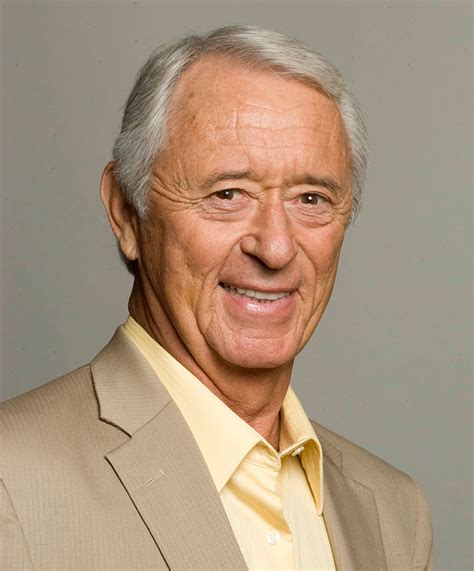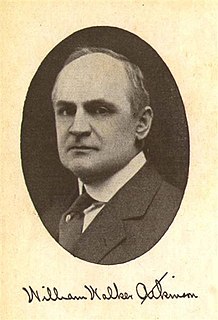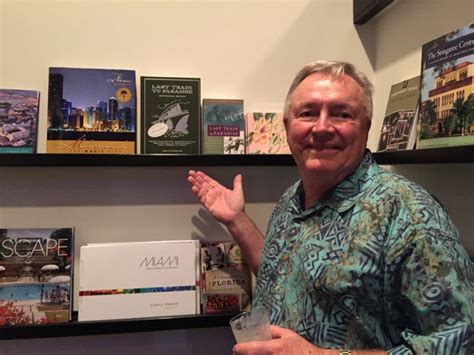A Quote by Rene Descartes
The only thing we have power over in the universe is our own thoughts.
Related Quotes
If we understood the power of our thoughts, we would guard them more closely. If we understood the awesome power of our words, we would prefer silence to almost anything negative. In our thoughts and words we create our own weaknesses and our own strengths. Our limitations and joys begin in our hearts. We can always replace negative with positive.
We need to transcend our thoughts and desires to truly understand philosophy and the universe as a whole. However, in our everyday life, we deal with the micro universe and with our own affairs. Therefore we need to use our brain. To practice Tao is not to rid yourself of all thoughts. There are actually more occasions when you would use your true intention instead of non-desire.
Not only is the Universe aware of us, but it also communicates with us. We, in turn, are constantly in communication with the Universe through our words, thoughts, and actions. The Universe responds with events. Events are the language of the Universe. The most obvious of those events are what we call coincidence.
We forget that we create the situations, then we give our power away by blaming the other person for our frustration. No person, no place, and no thing has any power over us, for “we” are the only thinkers in our mind. We create our experiences, our reality, and everyone in it. When we create peace and harmony and balance in our mind, we will find it in our lives.
We are sending out thoughts of greater or less intensity all the time, and we are reaping the results of such thoughts. Not only do our thought-waves influence ourselves and others, but they have a drawing power - they attract to us the thoughts of others, things, circumstances, people, 'luck', in accord with the character of the thought uppermost in our minds.
Maybe it's because we as writers are alone so often, are so attuned to listening to the run of our own thoughts, that we find it more natural to write down the thoughts rather than the deeds of our characters. But speaking as a teacher who has spent some twenty years slogging through manuscripts where thoughts and exposition pile up as thick as the aftermath of a California mudslide, I can attest to the power of the evocative detail, gesture, or figment of speech.








































